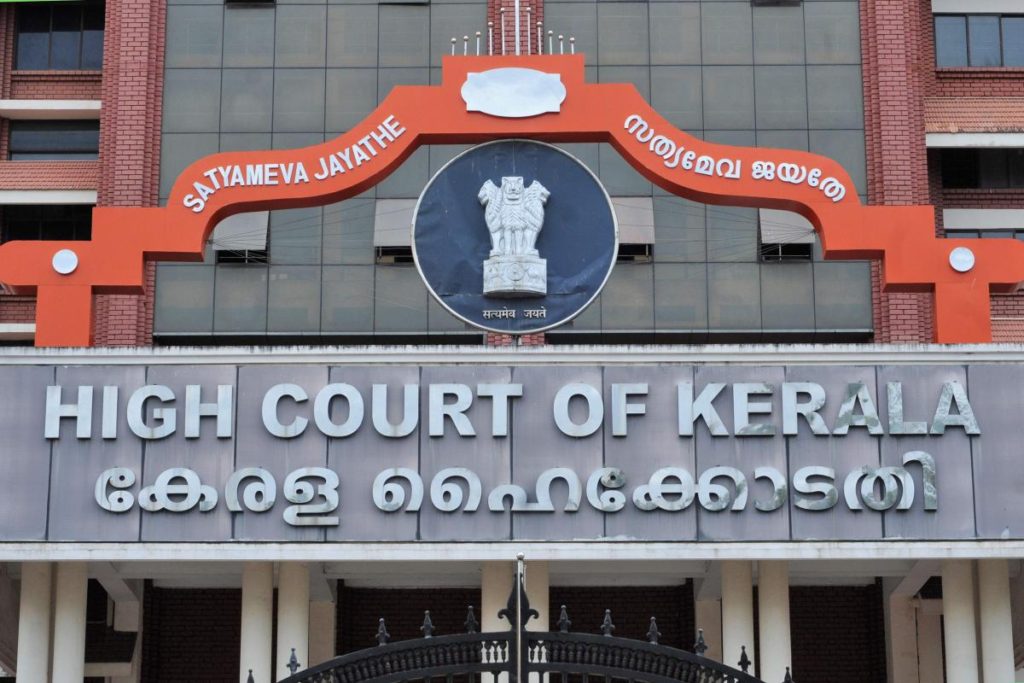Nithyakalyani Narayanan. V
The Kerala High Court dismissed the suit against an activist on 5th June 2023 for punishable offences covered by several Protection of Children from Sexual Offences (POCSO) Act sections. The focus of the case was on the spread of a video showing activist Rehana Fathima’s children painting on her semi-naked body.
It was claimed against Fathima that she had permitted her two minor children, a 14-year-old boy and an 8-year-old girl, to draw on her semi-nude body and that the footage of their actions had since gone viral. She had said that the act was done to educate her children about sex by eliminating the shame associated with nudity along with challenging the related patriarchal notions. A case was filed against her under Sections 13, 14, and 15 of the POCSO Act, Section 67B (d) of the Information Technology Act, 2000 and Section 75 of the Juvenile Justice (Care and Protection of Children) Act, 2015.
Previously, the Court had denied her request for anticipatory bail in the case, observing that although Fathima was free to teach her children about sex in any way she saw fit inside the four walls of her home, she had, prima facie, opened herself up to charges of obscene representation of children by making the video of the children painting her naked body public.
The Court held that the video cannot be considered to be obscene and that it was perfectly acceptable for a mother to let her children paint on her body in order to sensitise them to the idea of accepting nude bodies as normal. The single-judge bench remarked that women frequently face harassment and discrimination just for making decisions about their own bodies and lives. It was also stated that the nudity of the female torso should not be considered as obscene or sexual by default.
Regarding the socially prevalent double standards for male and female bodies, the judgement made a few noteworthy observations. The court held “The autonomy of the male body is seldom questioned, while the body agency and autonomy of women are under constant threat in a patriarchal structure. The women are bullied, discriminated against, isolated, and prosecuted for making choices about their bodies and lives”.
The Court pointed out that while performing ‘Theyyam’ and other rites in the temple, the male artists’ bodies are painted but it is never regarded as obscene. “Body painting on men is an accepted tradition during ‘Pulikali’ festivals in Thrissur, Kerala. When ‘Theyyam’ and other rituals are performed at the temple painting is conducted on the bodies of male artists. The male body is displayed in the form of six-pack abs, biceps etc. We often find men walking around without wearing shirts. But these acts are never considered to be obscene or indecent. When the half-nude body of a man is conceived as normal and not sexualized, a female body is not treated in the same way. Some people are so used to considering a woman’s naked body as an overly sexualized one or just an object of desire. There is another dimensional view about female nudity- that is, female nudity is taboo because a naked female body is only meant for erotic purposes. The intention of the petitioner in making and uploading the video was to expose this double standard prevailing in society”.
Name of the Case: XXX v. State of Kerala.
Bench: Justice Kauser Edappagath.

